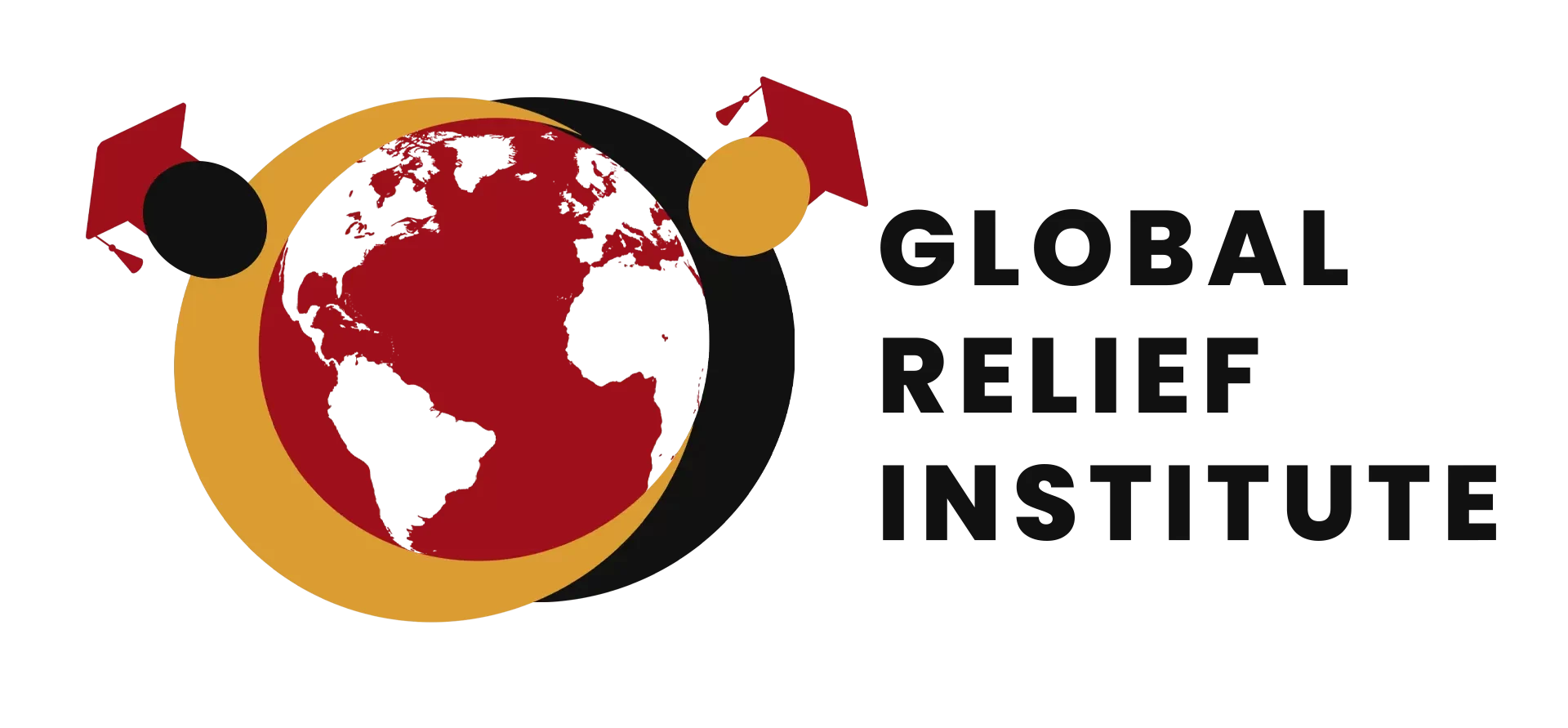Course Overview
An effective humanitarian organization is essential to achieving sustainable socio-economic development and welfare of the community. With the advent of globalized humanitarian conditions, there is growing pressures for inter-governmental and humanitarian organizations around the world to be more responsive to the demands of internal and external stakeholders for good governance, accountability, and transparency in relation to humanitarian organizations.
A continuously increasing need for suitably skilled humanitarian leadership like project
managers has been identified as a priority area by various stakeholders active in different humanitarian sectors and industries. Such include globally-funded sponsorships which often require evidence of best practices of humanitarian leadership systems prior to attraction of stakeholder support like donor funding agencies.
Course Objectives
By the end of this course the participants should be able to:
- Apply concepts, principles, processes and framework for effective humanitarian governance
- systems in development programs
- Use and appreciate different leadership styles in humanitarian environments
- Design and develop M&E systems for humanitarian projects
- Design and conduct an evaluation of humanitarian leadership effectiveness
- Understand how humanitarian law works
- Use management models to achieve different humanitarian leadership goals
Course Content
- Introduction to Humanitarian Management Principles and Concepts
- Humanitarian Program Leadership Models Describing and developing program Logic models
- Leading the Humanitarian programs monitoring and Evaluation systems
- Humanitarian Law
- Humanitarian Leadership styles and Strategies
- Pillars of Governance in Humanitarian Leadership and Management
- International Framework for Leadership in Humanitarian programs
- Field Strategies and reporting data for Humanitarian
- Leadership and Management decision making
- Humanitarian Leadership Planning and management
- Developing a data communication strategy for stakeholders
RESEARCH PAPER
Students will be required to choose a research topic and share it with the moderator. Upon agreement, learners will write a proposal and do corrections based on feedback. The students will then proceed with writing chapters three, four, and five of the paper. Guidelines will be provided on the format preferred by the institute.
FINAL EXAMINATION
Minimum Entry Requirements
Common regulations governing Post-Graduate Diplomas shall be applicable
The following shall be eligible for admission
- Holders of a Bachelor’s Degree from a recognized university
- Holders of an equivalent qualification from any other recognized institution
Practicum
- Candidates shall be expected to submit 10 Assignments (8 ASSIGNMENTS, 1 FINAL EXAM AND PROJECT PAPER)
DURATION: 12 Months
REGIONS TARGETED: Global
COURSE FEE: €1500
ORGANIZERS: GRI
LANGUAGE: English and French
FORMAT: Online Learning
GENERAL COURSE CONTACT:



